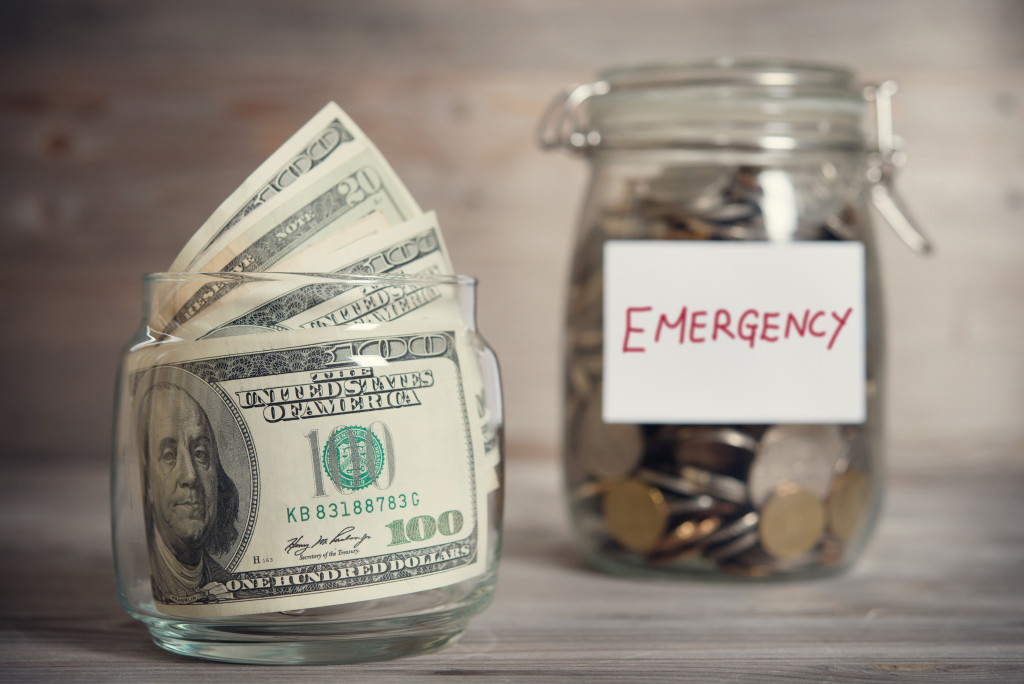Disclaimer: This website provides health information for educational purposes only and is not a substitute for professional medical advice, diagnosis, or treatment. Always seek the guidance of a qualified healthcare provider with any questions you may have.
Medical bills can be a significant financial burden for people. Medical bills are the number one cause of bankruptcy in the United States. It is partly because medical bills can be costly, and many people do not have insurance.
The average American family spends $10,000 on healthcare each year. However, when someone gets hospitalized, the cost of care can skyrocket. The average price of a hospital stay in the United States is $1,200 per day. Even a short hospital stay can result in a large medical bill.
Many people struggle to pay their medical bills. One-third of Americans with unpaid medical debt say that a collection agency about their debt has contacted them. Collectors may try to get money from the patient, the patient’s family, or the patient’s employer. They may also try to seize the patient’s assets or garnish their wages.
All of this can create a lot of financial stress for patients and their families. It can also make it difficult for people to access healthcare in the future. Fortunately, you can create safety nets to ensure a medical need arises. Here are a few tips to consider.
Health Insurance
When battling medical bills, health insurance is your best friend. Make sure you stay enrolled in a health insurance plan that fits your needs and budget. If you cannot afford health insurance, look into government-sponsored programs like Medicaid or the Children’s Health Insurance Program (CHIP).
If you do have health insurance, be sure to understand your coverage. Review your policy periodically to see what is covered and what is not. Many people are surprised that their insurance does not cover specific procedures or treatments.
In addition, remember that you may have to pay deductibles and copayments even if you have insurance. Be sure to budget for these costs so that a large bill does not catch you off guard.
Emergency Fund

An emergency fund can be a big help regarding medical bills. An emergency fund is a money pool you save to have cash on hand for unexpected expenses. Many financial experts recommend saving enough money to cover three to six months of living expenses.
If you do not have an emergency fund, start saving now. Begin with $50 per month and gradually increase the amount you save each month. Once you have built up your savings, be sure not to dip into the account for non-emergency expenses.
Emergency funds should grow to a point where they can cover significant, unexpected expenses like medical bills.
Crowdfunding
Crowdfunding is a relatively new way to finance expenses. With crowdfunding, people can solicit donations from family, friends, and strangers to pay for a specific need or cause.
Crowdfunding can be an effective way to raise money for medical bills. Be sure to set up your campaign on a reputable crowdfunding site. You will also want to share your story and explain why people should donate to your cause.
Investments
When you invest, you are essentially placing your income into something that you want to grow over time. This can provide you with a cushion in case of unexpected expenses, like a medical bill.
When you invest, be sure to choose investments that have a purpose. This means the money you invest should get earmarked for a specific goal, like paying a medical bill. If an unexpected expense comes up, you will not have to worry about whether or not you have enough money to cover it.
It is also essential to choose relatively safe investments. This way, you know that your investment will not lose value rapidly if the stock market takes a downturn.
When selecting investments, it is essential to remember that there is no one-size-fits-all answer. It would help if you tailored your portfolio to meet your specific needs and goals.
However, some general tips include:
- Stocks: Stocks are a good option for long-term growth. They can give investors the potential to make significant profits if the stock market rises over time. However, stocks are also relatively risky and can lose value rapidly if the market drops.
- Bonds: Bonds are a more conservative investment option than stocks. They offer stability and predictable returns over time. However, they typically do not provide as much growth potential as stocks.
- Mutual Funds: Mutual funds are a mix of stocks and bonds and can provide investors with both stability and growth potential. They are a good option for people who want to spread their money across multiple investments.
- Real Estate: Real estate can be a good investment option, but it is essential to remember that it can be risky. It is not always possible to sell real estate quickly, which could leave you stuck with an investment you cannot afford to hold onto in a down market.
Forex trading is also an ideal option as it is a less risky investment. However, you might need help from an experienced Forex broker to ensure you make wise decisions.
Final Thoughts
No one likes to think about medical bills, but they are a reality for many people. By setting up a few financial nets, you can ensure that you stay prepared in case of an unexpected medical expense. An emergency fund, crowdfunding campaign, and wise investments can all help you pay for unexpected medical bills. Be sure to tailor your approach to meet your specific needs and goals. With a bit of preparation, you can avoid the dreaded medical bill.




